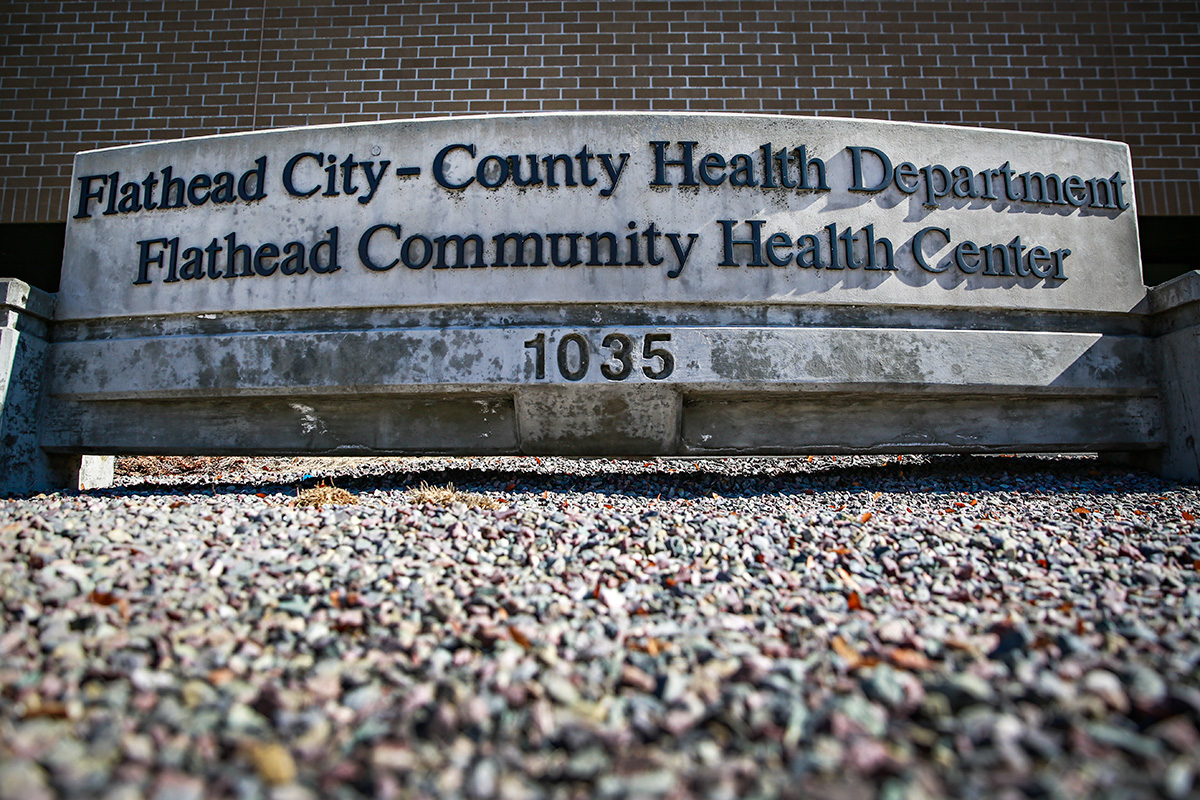Flathead Crisis Assistance Team Secures 20 Years of Funding
The money comes through the 2022 National Opioid Settlement, which gave Montana funding to combat the state’s rising opioid crisis
By Anusha Mathur
As the Flathead Valley grows, so do the challenges that first responders face, including a growing number of calls surrounding mental health and addiction. For years, Flathead County and the city of Kalispell have grappled with how to equip their police force to respond to these increasingly complex situations.
In the summer of 2020, they established the Crisis Assistance Team (CAT), a mobile co-responder unit of licensed social workers and therapists. These professionals respond to calls alongside officers, bringing a unique skillset to situations involving social and mental health, such as domestic violence, suicide, child abuse, and addiction. With new funding from the 2022 National Opioid Settlement Agreement, the Flathead will be able to keep this program alive for the next 20 years.
“The concept is to provide that deeper level of care, specifically for mental health and addiction, to avoid recidivism, and really try to change the outcomes for those folks,” Kalispell Police Chief Jordan Venezio said. “We’ve definitely seen the positive effects. The Flathead Valley was actually kind of ahead of the curve with implementing a program like this. A lot of places across the state are just now getting on board.”

Last month, Kalispell and Flathead County received grants from the National Opioid Settlement Agreement totaling $100,000 per year for the next 20 years to continue funding the CAT program. This funding arrives as Montana comes under fire for sitting on settlement money rather than swiftly distributing it across the state.
CAT co-responders are employed by the Flathead City-County Health Department; so, city and county funding will be combined to support the team’s ability to service the entire valley.
“It saves not only law enforcement time, but it’s also been useful to meet people where they’re at in the community if they are experiencing a crisis,” Jerramy Dear-Ruel, mental health substance use collaboration specialist and crisis coordinator for the Flathead City-County Health Department, said. “The co-responders are licensed social workers, counselors or therapists, which is a big difference in education and background and how they may handle an individual who’s experiencing a crisis versus a law enforcement officer.”

Dear-Ruel said that these co-responders evaluate the need for treatment and hospitalization on-scene as well as provide resources and referrals. He added that the program is evolving and the Health Department hopes to expand it going forward; his top goal is to increase coverage to make CAT a 24/7 unit.
“The program is working and is highly successful,” Dear-Ruel said. “Looking long-term down the road, we’re figuring out different revenue sources to help fund the program. As the population increases in the county, we want to make sure we’re able to address all needs and work towards getting out there seven days per week for coverage. And this county is huge, so we want to make sure that we’re able to adequately cover the entire geographic area.”
Venezio said that the new influx of annual funding is instrumental to the program’s future success and will make a big difference in ongoing care to Flathead residents.
“It will really stabilize the program,” Venezio said. “It’s timely with the conversation right now across the state of the need to increase mental health and addiction resources. Having this team available to follow up after the fact on calls, be able to sit down with these folks, find out where they’re at, and take the steps necessary to get some help is a big benefit.”